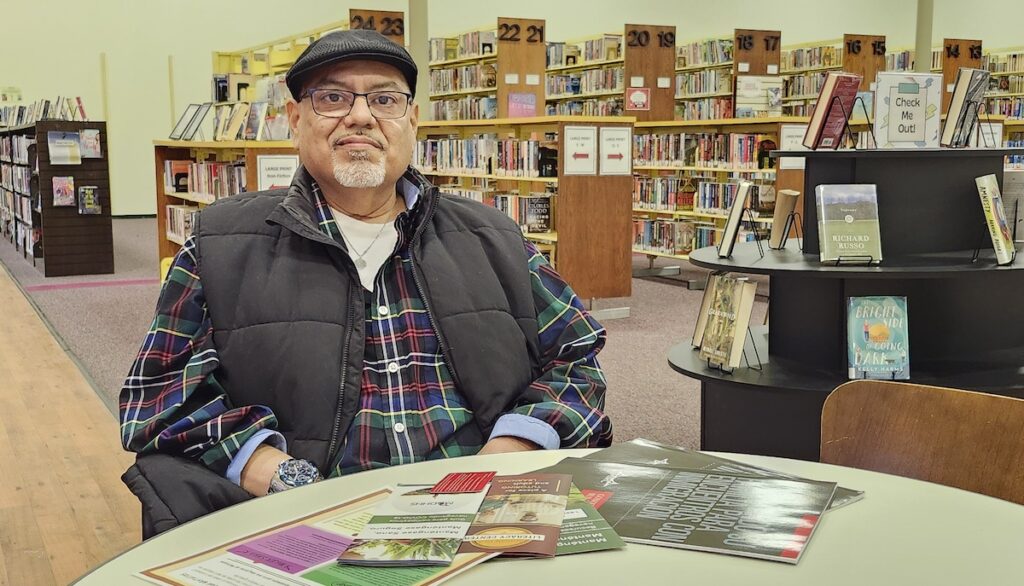
ADRIAN — An Adrian man who has devoted his career to improving people’s lives is now taking on a statewide leadership role.
Rudy Flores has been appointed by Gov. Gretchen Whitmer to the Hispanic/Latino Commission of Michigan. The commission has 15 members and is responsible for advising the governor and legislature about the wellbeing of Hispanic communities in the state.
Flores will be the only member of the commission who comes from one of Michigan’s southernmost counties.
Flores is an Adrian native and grew up attending Adrian Public Schools. He went to Jefferson Elementary School during its final year, then was a student at Michener Elementary School, Drager Middle School, and Adrian High School before going to Spring Arbor University, where he earned a degree in social work.
He said his role will include raising awareness not only of the needs of the Hispanic and Latino community in southeast Michigan, but also of the community’s strengths.
That means calling attention to the good things that are happening locally, such as the Adrian District Library’s expansion of bilingual programming.
“That’s huge in our community,” he said.
It also means spreading the word about the rich history of southeast Michigan’s Hispanic community, such as the story of Adrian’s Sunnyside neighborhood, which was built in the 1940s by Mexican-Americans who had been denied the right to buy land within the city limits.
“There’s a lot of heritage there and a lot of resiliency that comes from there,” he said.
In addition, Flores noted that Adrian played a large role in supporting César Chávez’s nationwide fight for the rights of farmworkers.
Flores works for the state of Michigan providing services to migrant and seasonal farmworkers in Lenawee, Monroe, Washtenaw, Wayne, Jackson and Hillsdale counties, a job he has held since 2013. He is also the co-chair of the Southeast Michigan Migrant Resource Council.

A migrant farmworker is anyone who has to travel more than 100 miles and stay overnight in order to do their job, while seasonal farmworkers live locally year-round.
A decade ago, Flores said, he worked with a lot of families who traveled back and forth between Florida and Michigan for work. Now most of the people he works with come temporarily to the U.S. from other countries using H-2A visas, which are for short-term agricultural workers.
Although the makeup of the people who do seasonal work on southeast Michigan farms has changed over the past decade, many of their needs have not.
Those needs include warm clothing, blankets, and health care — and also information.
“The most important thing that we give is information,” Flores said.
Flores and his colleagues provide migrant farmworkers with information about topics like health care, immigration laws, civil rights, and English literacy.
He noted that the work would not be possible without help from many local schools, businesses, agencies, and religious organizations.
“We folks that serve the migrant seasonal farmworker community could not do the work without the collaboration, support, and alliance of our local community,” he said.

